Have you ever noticed your cat hiding under the bed at the slightest noise or flinching when a new visitor arrives? Some cats are just naturally more emotionally sensitive than others, and their world can often feel overwhelming. For these delicate souls, a gentle daily routine isn’t just comforting—it’s essential. Imagine how soothing it would be to know exactly what’s coming next, every single day. That’s the magic you can give your emotionally sensitive feline. If you’ve ever wished you could help your furry friend feel safe, loved, and understood, these 10 daily routines might just transform both your lives in ways you never expected.
Consistent Feeding Times
Emotionally sensitive cats thrive on predictability, and nothing is more reassuring than a regular feeding schedule. Cats quickly learn what to expect when meals come at the same time each day. This consistency can reduce anxiety, as your cat doesn’t have to worry about when their next meal is coming. Think of it like a cozy ritual—something your feline can look forward to and count on. When meal times become a gentle rhythm in their day, your cat feels more secure. Try to avoid sudden changes or skipping meals, as this can make an anxious cat even more uneasy. A simple routine of serving their favorite food at the same time every morning and evening can have a surprisingly calming effect.
Gentle Morning Greetings
The way you start your cat’s day sets the tone for everything that follows. Sensitive cats can be startled by loud noises or abrupt movements first thing in the morning. Instead, approach your cat with a soft voice and gentle touch, letting them know you’re there. This moment of calm reassurance can mean the world to a cat who’s easily spooked. Even if you’re in a rush, taking just a minute to sit near them, offer a quiet hello, or stroke their fur can help your cat feel seen and valued. Over time, this gentle morning ritual will help your sensitive cat greet each day with less fear and more confidence.
Predictable Play Sessions
Play is important for every cat, but especially for those who are emotionally sensitive. Scheduled playtime gives your cat something positive to anticipate, and it helps burn off nervous energy in a healthy way. Use the same toys or games each day to create familiarity—perhaps a feather wand in the morning or a soft ball in the evening. This predictability helps your cat feel more in control of their environment. Play sessions don’t have to be long or intense; even just ten minutes of focused play can provide comfort. The key is to make it part of your daily routine, so your cat knows when to expect fun and attention.
Quiet Time and Safe Spaces

Emotionally sensitive cats often need a place to retreat when the world feels too much. Providing a quiet, cozy spot—like a covered bed or a soft blanket in a corner—can make a huge difference. Make sure this space is always available and undisturbed, so your cat can use it whenever they need to decompress. Incorporate daily quiet time into your routine, encouraging your cat to relax in their safe space. You might sit nearby and read or simply enjoy the silence together. Over time, your cat will associate this area with peace and safety, making it easier for them to recover from stressful moments.
Routine Grooming Sessions
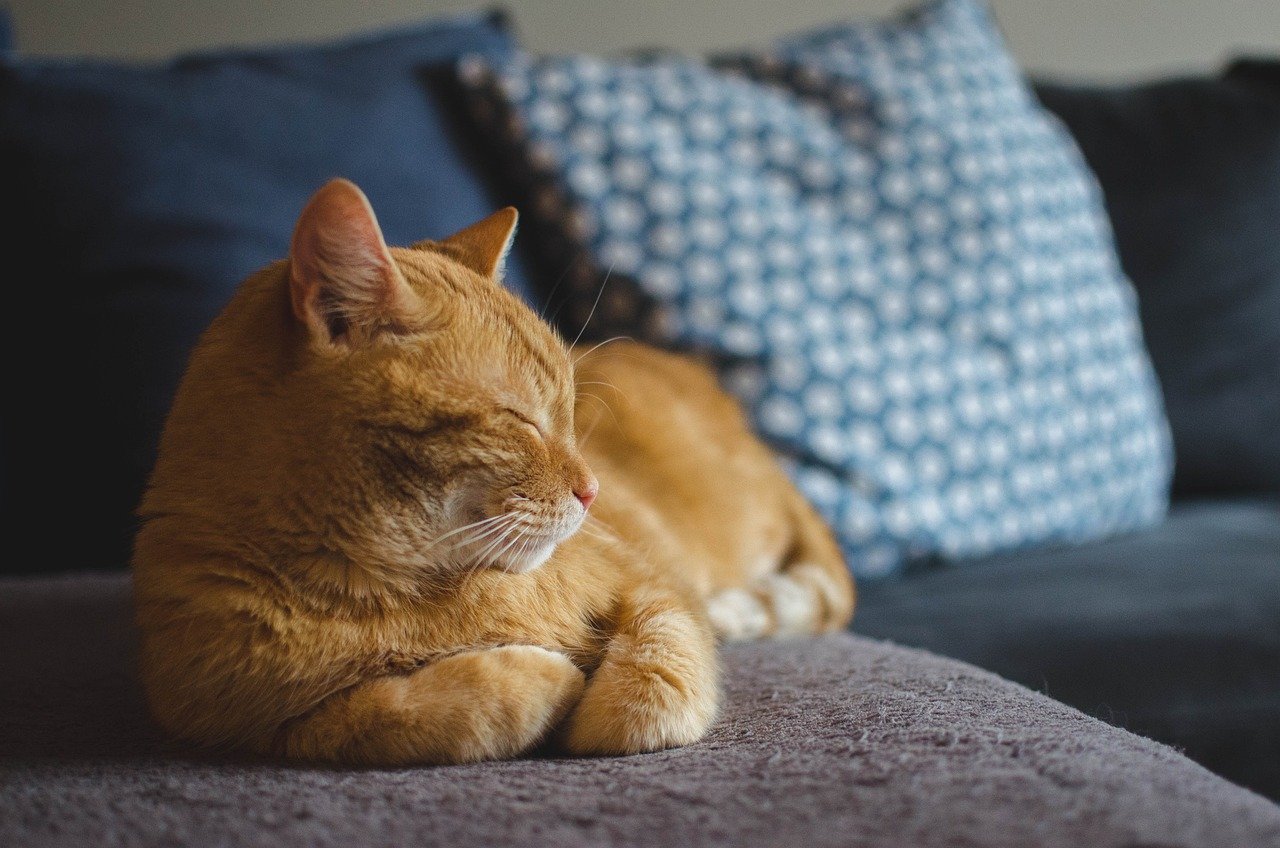
Grooming isn’t just about keeping your cat clean—it’s also a powerful bonding experience. For sensitive cats, gentle daily brushing can be incredibly reassuring. Use a soft brush and move slowly, watching your cat’s reactions. Many cats find the repetitive motion soothing, almost like a massage. These sessions can help you notice any changes in your cat’s health, and they also reinforce your role as a source of comfort. If your cat is nervous, start with just a few strokes and gradually build up. The important thing is to make grooming a regular, positive part of your day together.
Soft Music or Soothing Sounds
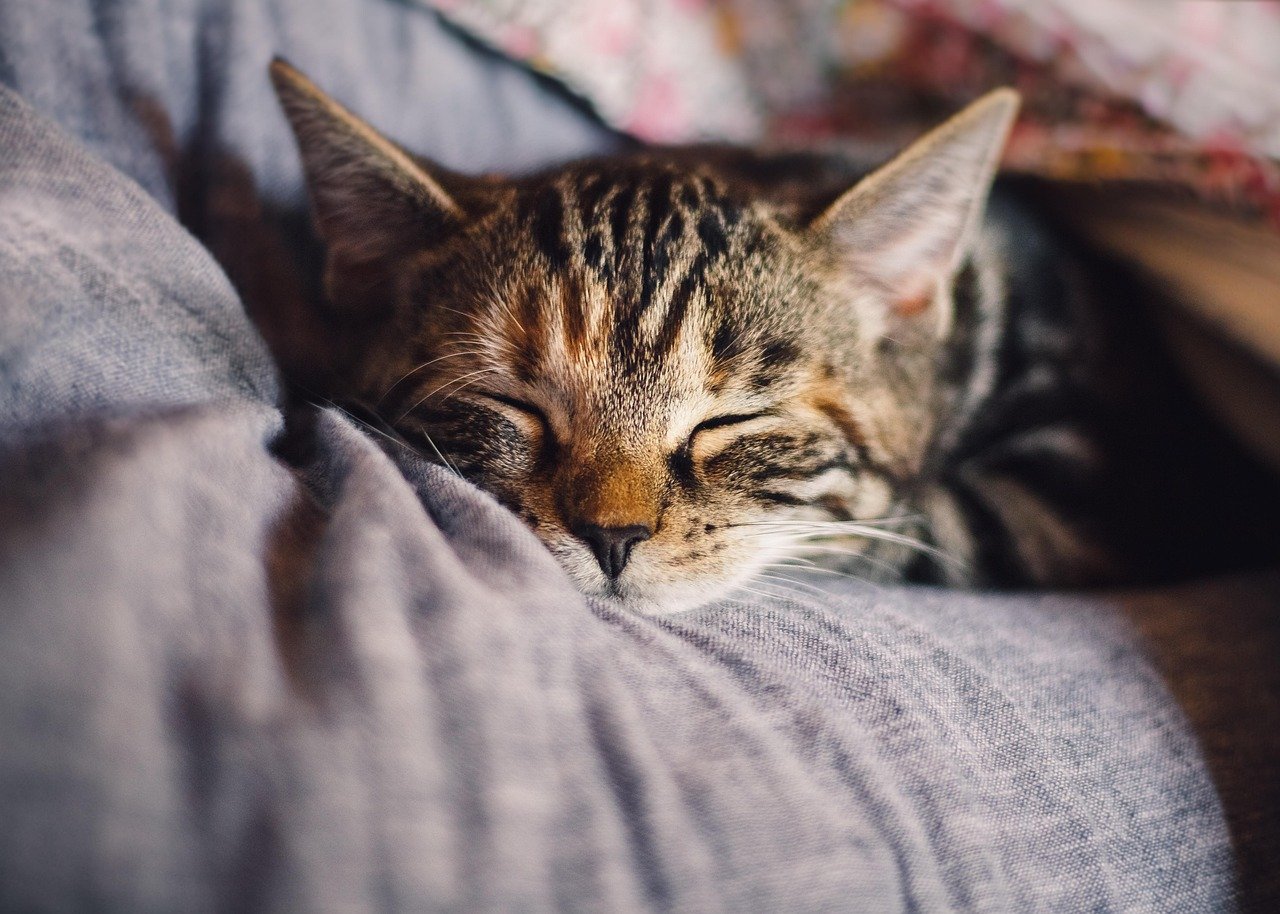
Background noise can have a big impact on an anxious cat’s mood. Playing soft classical music or calming nature sounds during certain parts of the day can help drown out stressful noises, like traffic or loud appliances. You might choose the same playlist for afternoon naps or quiet evenings, making it part of your cat’s routine. Over time, these gentle sounds become associated with relaxation and safety. Some cats even have favorite genres! Experiment to see what your cat responds to best, and remember that volume matters—a low, steady hum is best for sensitive ears.
Regular Litter Box Maintenance
A clean litter box is more than just a hygiene issue for emotionally sensitive cats—it’s a source of comfort. Cats are incredibly particular about their bathroom habits, and a dirty or smelly box can cause stress or even lead to accidents. Make cleaning the litter box a non-negotiable part of your daily routine. Scoop at least once a day and change the litter regularly. Try to keep the box in the same quiet location and avoid switching brands or types of litter abruptly. These simple steps help your cat feel secure and respected in their space.
Respectful Handling and Touch
Some cats adore cuddles, but emotionally sensitive ones may find unexpected handling overwhelming. Always approach your cat slowly and let them choose how much touch they want. Pay attention to their body language—flattened ears or twitching tails can mean “not now.” Incorporate gentle petting into your daily routine, perhaps after meals or before bedtime. Allow your cat to come to you first, building trust over time. This respectful approach reassures your cat that you honor their boundaries, making them feel safe in your presence.
Soft-Spoken Words and Calm Voices
Your voice has the power to comfort—or unsettle—your sensitive cat. Loud, sharp tones can make an anxious cat cower or hide. Instead, use a soft, steady voice when talking to your cat throughout the day. Narrate your routines, offer gentle reassurances, and use your cat’s name with affection. Familiar phrases can become cues for safety and predictability. If your cat is nervous, even humming quietly as you move around the house can be soothing. Over time, your calm voice will become a reliable anchor in your cat’s unpredictable world.
Mindful Introduction to New Experiences
Change can feel catastrophic to emotionally sensitive cats. Whether it’s a new toy, visitor, or even a rearranged piece of furniture, introduce new experiences gradually. Start by letting your cat observe from a distance, rewarding them with treats or praise for brave behavior. Make introductions part of your daily routine, rather than overwhelming your cat all at once. If you’re expecting guests, set aside a “safe zone” for your cat and let them decide when (or if) to venture out. These small, mindful steps help your cat build confidence at their own pace.
Scheduled Alone Time
While some cats crave constant company, emotionally sensitive cats often benefit from predictable alone time. This doesn’t mean neglect—just a set period each day when your cat can enjoy peace and quiet without interruptions. Respect your cat’s need for solitude, whether it’s during your work hours or in the afternoon when the house is quietest. By making alone time a routine, your cat learns that being alone is safe and normal, not something to fear. Over time, this can actually make your cat more comfortable with your absence.
Consistent Bedtime Rituals
Just like children, cats love bedtime routines. A consistent sequence—like a final play session, followed by a snack and then gentle petting—signals that it’s time to wind down. Make bedtime peaceful by dimming the lights, lowering your voice, and moving slowly. If your cat sleeps with you, consider setting up a soft blanket or pillow just for them. This nightly routine becomes a signal of safety and comfort, helping your sensitive cat drift off to sleep without anxiety. Over time, they’ll look forward to bedtime as a cherished part of their day.
Positive Reinforcement with Treats
Positive reinforcement is a powerful tool for building trust with emotionally sensitive cats. Reward calm or brave behaviors with small, healthy treats throughout the day. For instance, if your cat ventures out to greet a visitor or tolerates brushing, offer a treat and a kind word. Over time, these rewards help your cat associate new or challenging experiences with positive outcomes. Keep treats handy and use them consistently, but be careful not to overdo it—balance is key. This daily habit can transform your cat’s confidence in surprising ways.
Daily Observation and Health Checks
Emotionally sensitive cats can be masters at hiding discomfort or illness. Make it a routine to gently check your cat’s eyes, ears, coat, and paws each day, looking for any signs of stress or health issues. This not only helps catch problems early but also reinforces your role as a caring and attentive companion. Approach these checks as a calm, loving ritual, using a soft touch and plenty of praise. Over time, your cat will learn that these moments are nothing to fear and may even look forward to the extra attention.
Encouraging Window Watching
Cats love to observe the world, and window watching can be both entertaining and relaxing for sensitive felines. Set up a comfortable perch by a favorite window and make it part of your daily routine to sit with your cat and watch birds, squirrels, or passing people. This gentle stimulation helps distract your cat from internal worries and provides a safe way to explore the outside world. If you live in a busy area, consider using sheer curtains to soften overwhelming sights. This daily ritual can become a peaceful highlight for both you and your cat.
Interactive Puzzle Feeders
Mentally stimulating toys, like puzzle feeders, are excellent for emotionally sensitive cats. Incorporate a few minutes of puzzle time into your daily routine, perhaps before or after meals. These toys challenge your cat’s mind and provide a sense of accomplishment. Start with simple puzzles and gradually increase the difficulty as your cat gains confidence. The key is consistency—making puzzle time a predictable, rewarding part of each day. This mental engagement can help reduce anxiety and boredom, leading to a happier, more relaxed cat.
Calm Responses to Startling Events
Life is full of surprises, but how you respond can make all the difference for your sensitive cat. If there’s a sudden loud noise or unexpected visitor, resist the urge to scoop up your cat or react dramatically. Instead, speak softly and model calm behavior. Make it a routine to check in with your cat after stressful events, offering quiet comfort or retreating to their safe space together. Over time, your cat will learn to take cues from your calmness, making startling events less traumatic.
Routine Vet Visits with Minimal Stress
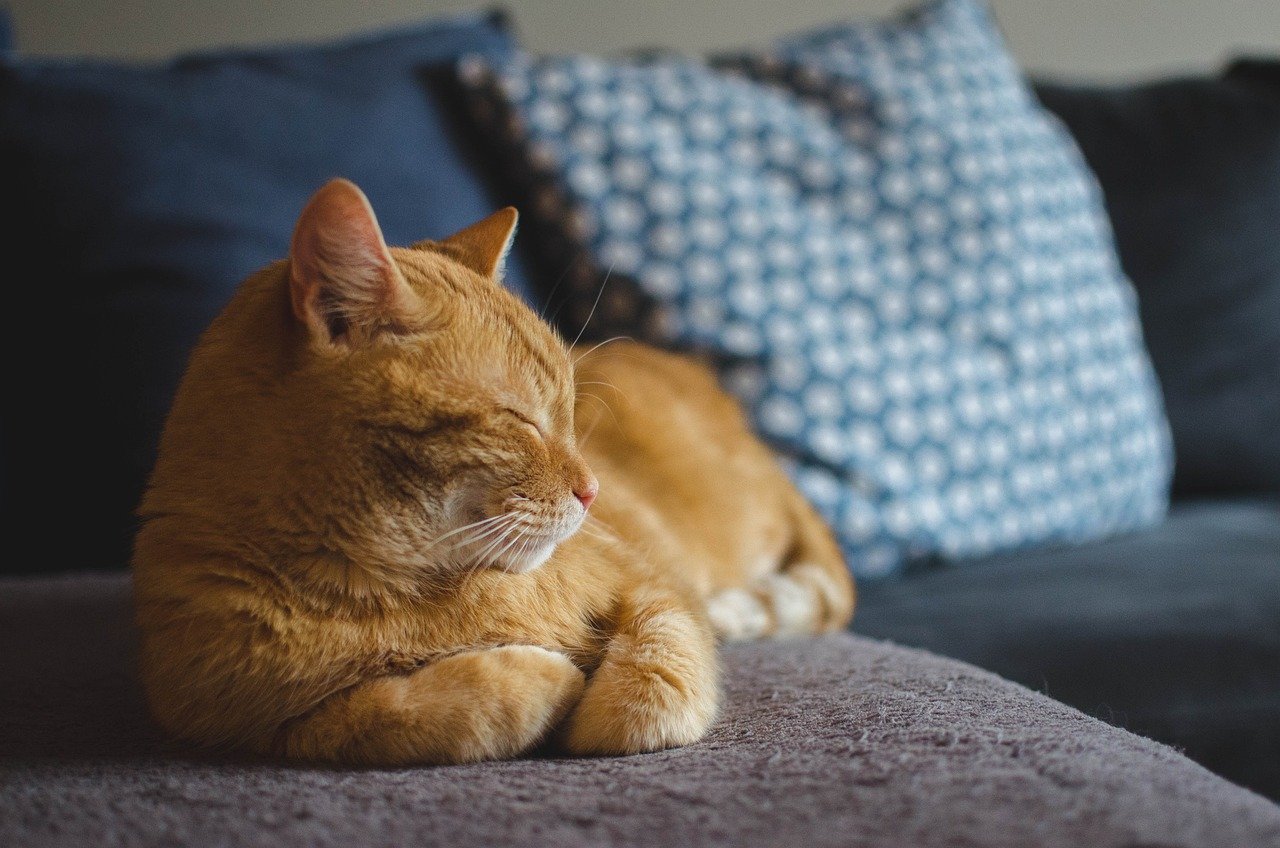
For emotionally sensitive cats, vet visits can be a major source of anxiety. Make health care part of your routine by getting your cat used to their carrier, car rides, and gentle handling. Practice short “mock” trips around the house, rewarding your cat for staying calm. Schedule appointments at quiet times and ask your vet about fear-free handling techniques. By incorporating these steps into your daily or weekly routine, you can make vet visits less frightening and more manageable for your cat.
Daily Affirmations and Loving Attention
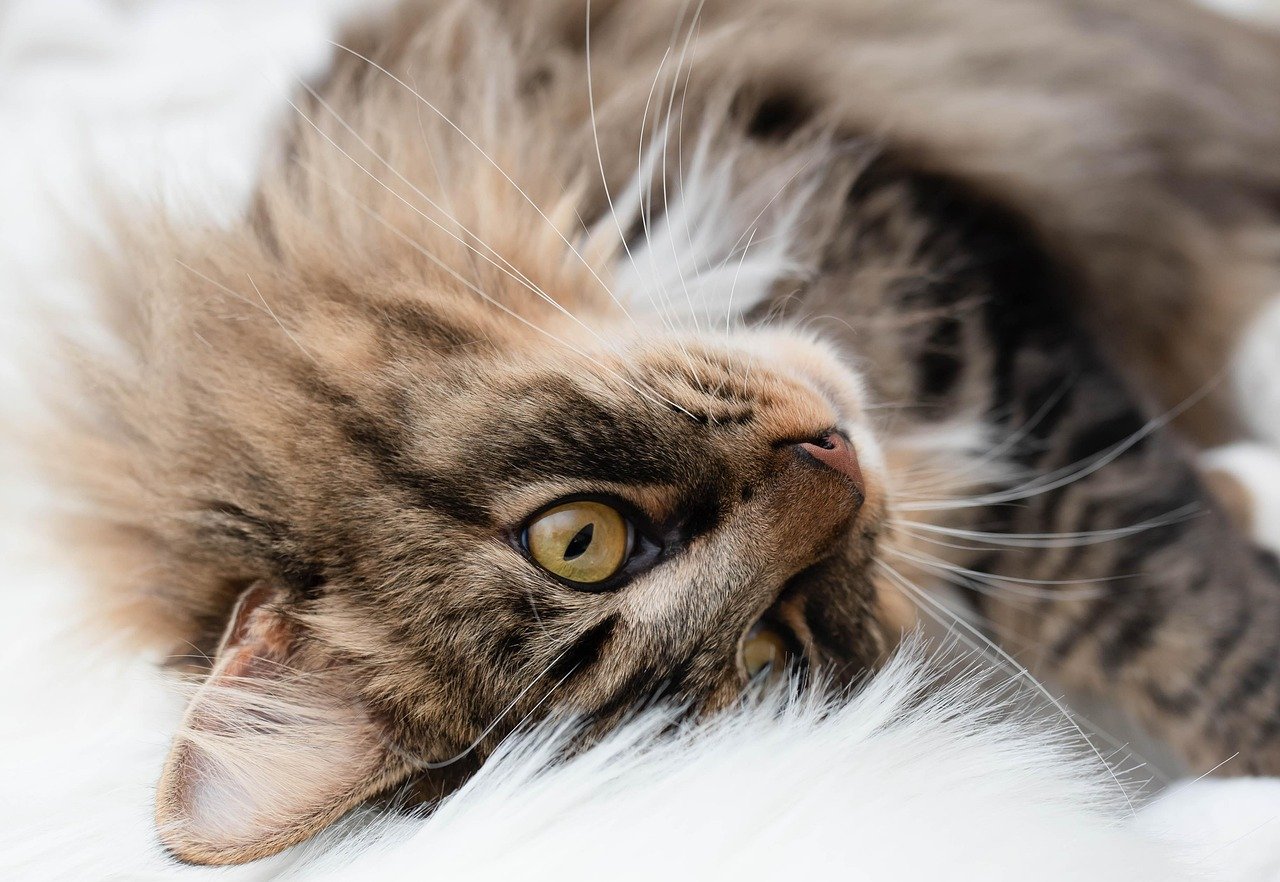
It may sound a little silly, but cats can pick up on your moods and intentions. Each day, take a moment to speak lovingly to your cat—tell them how much they’re loved, appreciated, and safe. This routine of daily affirmations, combined with a gentle touch or scratch behind the ears, can work wonders for your cat’s emotional health. Emotionally sensitive cats especially need to feel secure in your affection. Over time, these moments of loving attention become the emotional glue that binds you together.
Minimizing Household Chaos
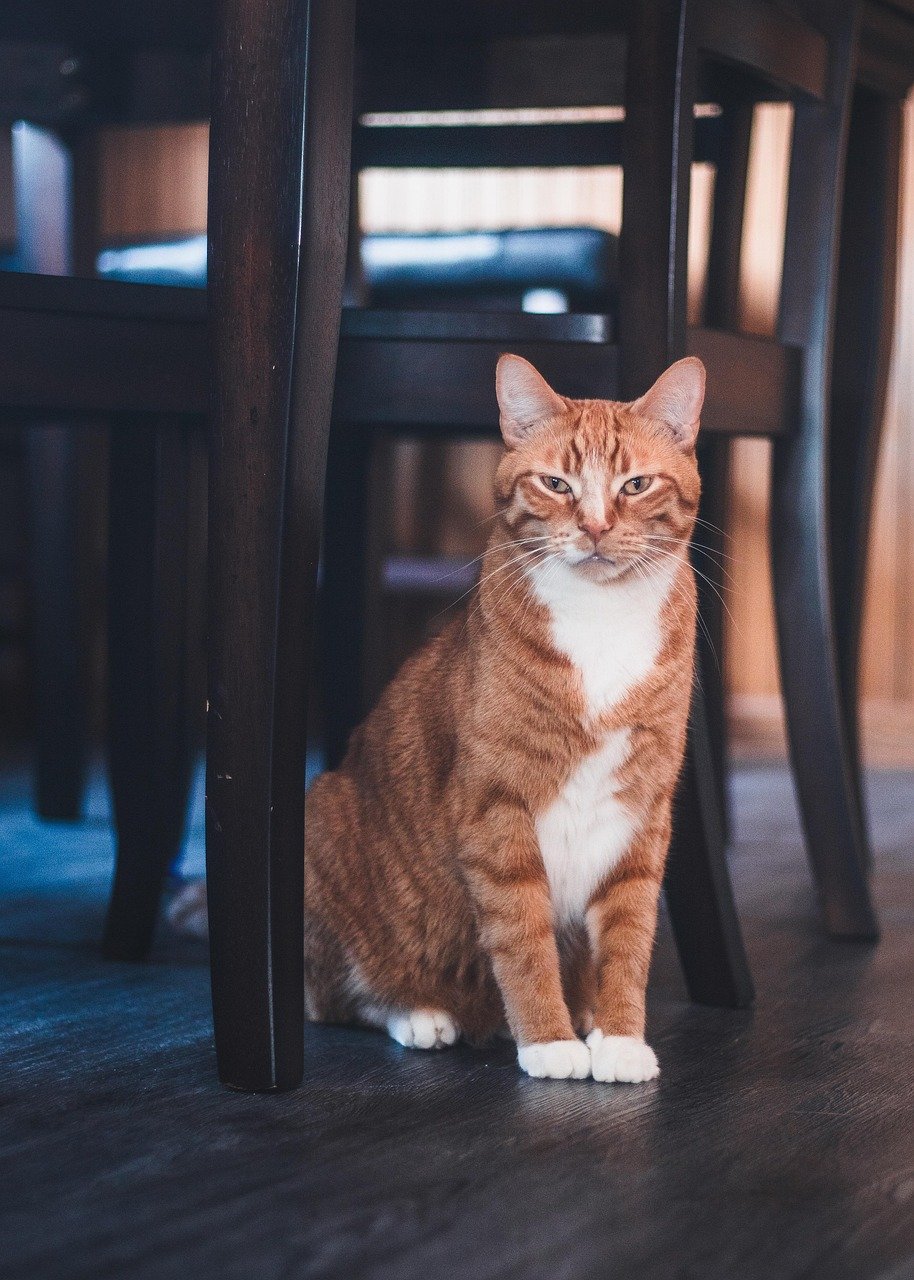
Sensitive cats are easily unsettled by chaos—loud music, shouting, or frequent rearranging of furniture can all contribute to stress. Make it a priority to maintain a calm, orderly home environment, especially during your cat’s most active or vulnerable times. If you have children or other pets, establish ground rules for gentle behavior around the cat. Simple changes, like keeping doors closed during noisy activities, can make a world of difference. By minimizing chaos as part of your daily routine, you create a sanctuary where your cat can truly relax.
Honoring Your Cat’s Unique Personality
Every emotionally sensitive cat is different, with their own quirks, fears, and preferences. Make a habit of observing your cat’s body language and respecting their individual needs. Some cats may crave more alone time, while others want extra cuddles. Adjust your routines to fit your cat’s unique personality, rather than forcing them into a mold. This daily practice of honoring your cat’s individuality not only builds trust but also reassures your cat that they are loved just as they are.
Hi, I’m Bola, a passionate writer and creative strategist with a knack for crafting compelling content that educates, inspires, and connects. Over the years, I’ve honed my skills across various writing fields, including content creation, copywriting, online course development, and video scriptwriting.
When I’m not at my desk, you’ll find me exploring new ideas, reading books, or brainstorming creative ways to solve challenges. I believe that words have the power to transform, and I’m here to help you leverage that power for success.
Thanks for stopping by, Keep coming to this website to checkout new articles form me. You’d always love it!






